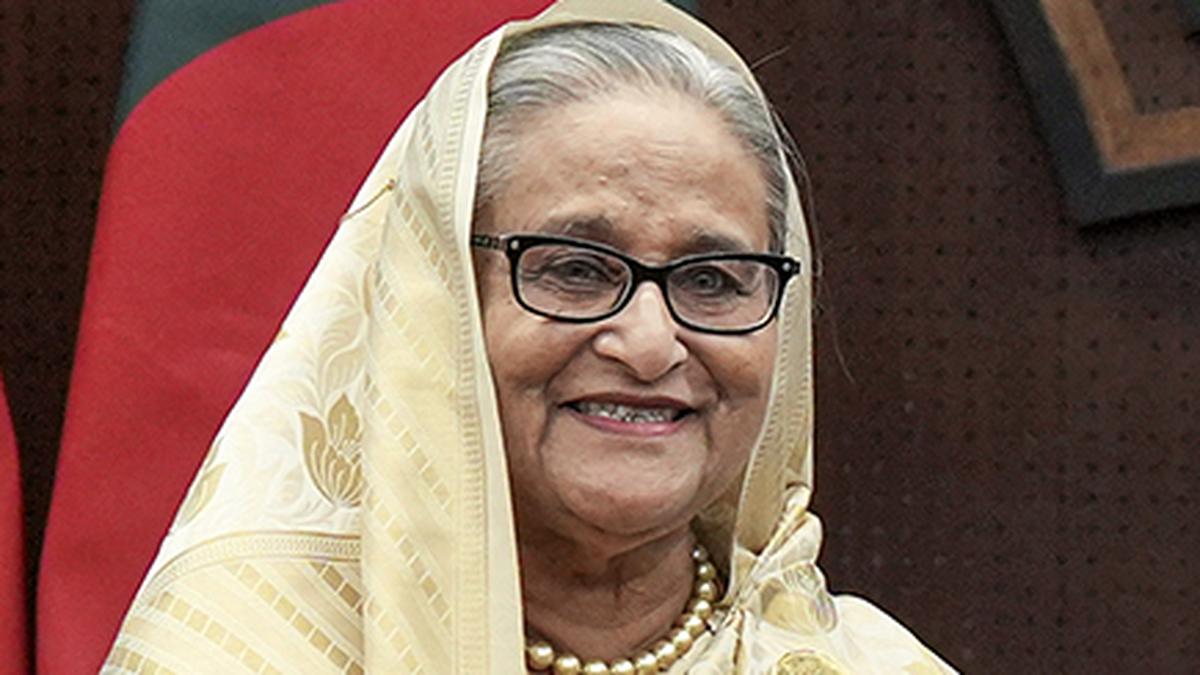Around 200 Bangladeshis abducted by security forces during ousted Prime Minister Sheikh Hasina’s rule are still missing, as reported by a commission investigating enforced disappearances on Tuesday.
Hasina, 77, escaped to India by helicopter in August amidst a student-led uprising that brought an end to her authoritarian rule in Bangladesh.
During her time in power, Hasina’s government faced allegations of widespread human rights violations, including the extrajudicial killings of hundreds of political opponents and the unlawful abduction and disappearance of many others.
A commission established by the interim government currently in charge of the country revealed that while five individuals had been released from secret detention centers following Hasina’s removal, a significant number still remain unaccounted for.
“At least 200 people are missing without a trace. Our efforts to locate them are ongoing,” stated commission member Noor Khan.
The commission disclosed the existence of eight secret detention centers in Dhaka and its outskirts, some of which had cells as small as three by four feet. Engravings on the walls of these cells indicated that detainees had kept track of the days they were held captive.
One commissioner reported attempts by unidentified law enforcement agencies to erase evidence of these secret facilities after Hasina’s downfall.
Most cases of disappearance reported to the commission implicated the elite Rapid Action Battalion (RAB) police unit.
In response to reports of severe human rights abuses under Hasina’s administration, the RAB and seven of its top officers were sanctioned by the United States in 2021.
Commission chair Moyeenul Islam Chowdhury highlighted systemic failures in the government and judiciary that allowed a culture of impunity to thrive under Hasina’s rule.
“Law enforcement agencies were misused for personal and political gain, rather than serving the public interest,” Chowdhury stated.
The commission was established by Nobel Peace Prize laureate Muhammad Yunus’s interim government as part of its efforts to implement comprehensive democratic reforms.
Yunus emphasized the need for extensive restructuring of the public administration system to prevent a resurgence of autocratic rule in the future.
Published – November 06, 2024 01:53 am IST








































